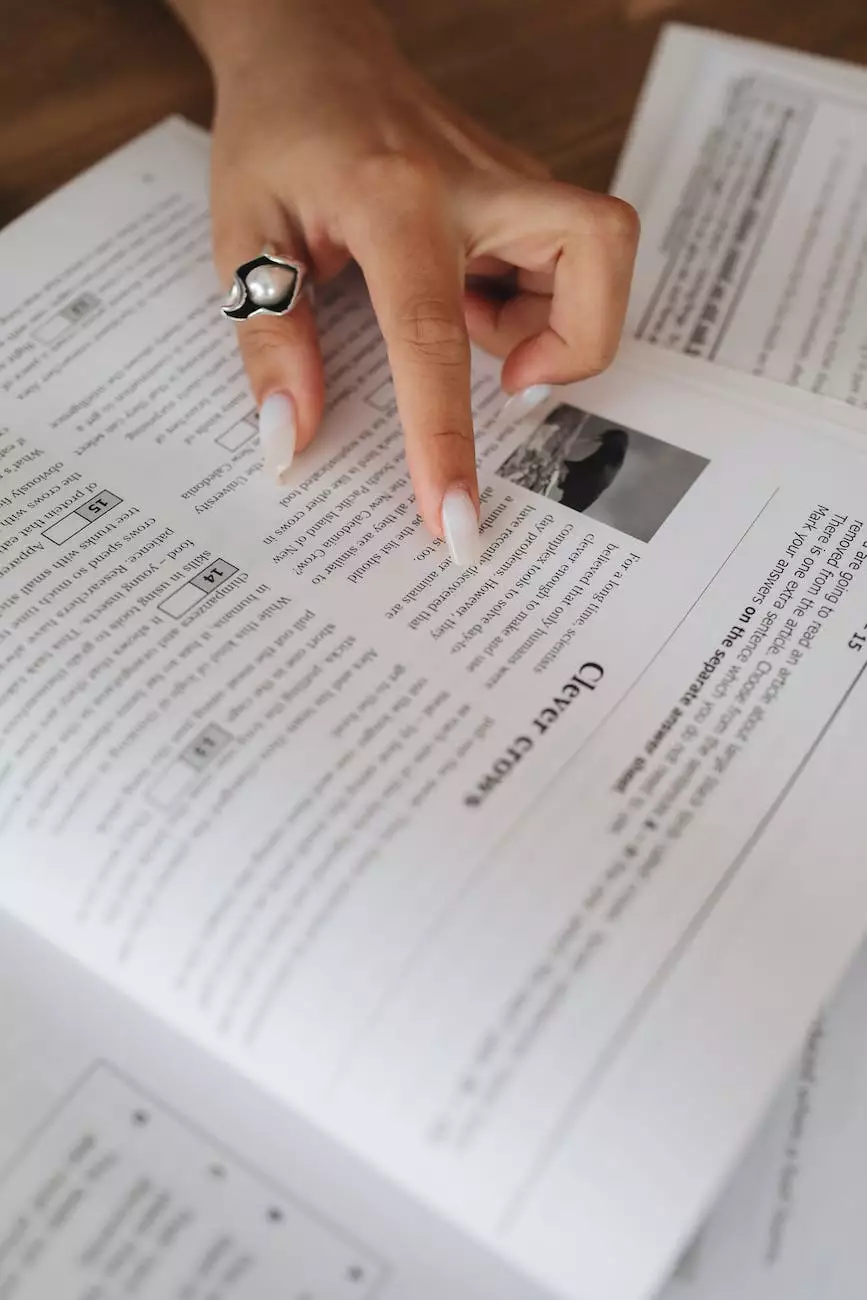English Lesson: Verb + Preposition (Argue & Ask)
English Grammar Lessons
Introduction
Welcome to NJCLT's comprehensive English lesson on using the verbs 'argue' and 'ask' with prepositions. In this lesson, we will explore the correct usage of these verbs and provide you with valuable insights to enhance your English language skills.
The Verb 'Argue' + Preposition
When we use the verb 'argue' in English, it is often followed by a preposition. Understanding the correct prepositions to use with 'argue' is essential to express ideas effectively. Let's delve into the various prepositions that can be combined with 'argue' and their respective contexts.
'Argue with' - Engaging in a Discussion or Debate
The most common preposition used with 'argue' is 'with.' When we argue with someone, it means we engage in a discussion or debate with them, expressing differing opinions or viewpoints. For example: - I often argue with my brother about politics. - She argued with her professor over the grading criteria.
'Argue about' - Disagreement on a Topic
'About' can be used with 'argue' when we want to express disagreement or debate regarding a specific topic. Examples include: - They always argue about money. - We argued about the best approach to solving the problem.
'Argue for'/'Argue against' - Presenting Opinions
When using 'argue' with 'for' or 'against,' we show support or opposition towards a particular idea, concept, or action. Consider the following examples: - The lawyer skillfully argued for the defendant's innocence. - He passionately argued against the proposed changes in the educational system.
The Verb 'Ask' + Preposition
Similar to 'argue,' the verb 'ask' is also frequently used with prepositions. Let's explore the different prepositions that are commonly used with 'ask' and their corresponding meanings.
'Ask for' - Requesting or Seeking Something
When we ask for something, we are making a request or seeking assistance or information. Examples include: - Can I ask for your help? - She asked for a raise last week.
'Ask about' - Inquiring or Seeking Information
To inquire or seek information about a specific topic or subject, we use the preposition 'about' with 'ask.' Consider the following examples: - I asked him about his travel experiences. - They asked the teacher about the upcoming exam.
'Ask of' - Requesting an Opinion or Evaluation
'Ask of' is used when we want to request an opinion or evaluation from someone. For instance: - The manager asked for an evaluation of the new employee's performance. - They asked for the teacher's opinion of their project.
Phrasal Verbs and Expressions
Aside from using 'argue' and 'ask' individually with prepositions, they can also form phrasal verbs and common expressions that are frequently used in everyday English conversations. Here are a few notable ones:
Phrasal Verbs with 'Argue'
- 'Argue down' - Persuade someone to change their opinion by presenting counterarguments.
- 'Argue into' - Persuade someone to do or believe something.
- 'Argue out' - Resolve a disagreement through discussion or debate.
- 'Argue over' - Engage in a heated discussion or debate about something.
Expressions with 'Ask'
- 'Ask around' - Inquire or seek information from various people.
- 'Ask for it' - Behave in a way that invites trouble or problems.
- 'Ask out' - Invite someone on a date or social outing.
- 'Ask for trouble' - Behave in a way that is likely to result in problems.
Conclusion
By understanding the correct usage and combinations of 'argue' and 'ask' with prepositions, you can become more confident in your English communication skills. Practice using these verbs in different contexts to reinforce your understanding. Remember, effective language usage is crucial not only in everyday conversations but also in professional settings. Keep exploring NJCLT's English lessons for continuous improvement!










